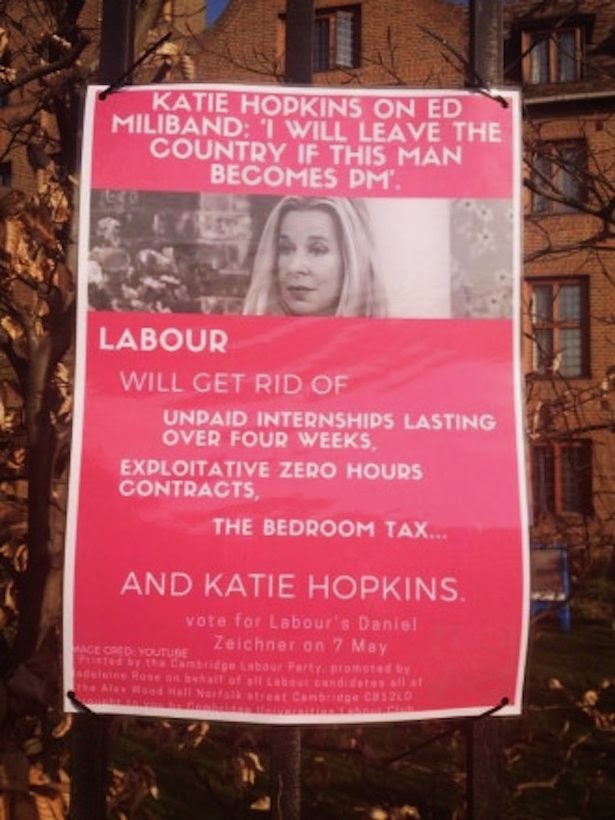Councillor Report to West Ham Ward
|
WEST HAM WARD LABOUR
PARTY
tel: 07432 150 ***
or email John.Gray@newham.gov.uk
|
Ward meeting 5 November 2015
- Leafleting Ward for Sadiq Khan to be London Mayor & door knocking last weekend.
- There is a By-election in Boleyn ward East Ham on 3.12.1. Veronica Oakeshott is the excellent Labour candidate.
- I attended the memorial service to murdered PC Nina Mackay on 24 October in Arthingworth Street, West Ham. Plan for next year as a wider community event?
- Car parking chaos off the Portway, E15. Need CPZ urgently. Resident Petitions to present to next full council.
- Complaints about closure of Greenway. I have cycled around division and made representations. Planning to meet Newham Cyclists to discuss further.
- Walkabout with residents in Dirleton Road, E15 about Parking, Environmental and ASB.
- Walkabout with residents and Council officers in Brasset Point Tower block about communal repairs, environmental and ASB
- The school governing bodies for Rebecca Cheetham Nursery School and Ranelagh Primary School are merging. (I am an authority governor at RCNS)
- Housing. Key surgery issue. I dread to think what will happen with “pay to stay” and “right to buy” to Housing Associations stealing properties from London Councils to fund election bribes in Tory shires, who have got rid of all their council housing.
- Section 106 money taken away to fund so called “start-up” homes that in London can only be afforded by the rich.
- Investigating complaints that West Ham homeless families kept in Bed and Breakfast hotels beyond statutory limits and impact of Council tax demands on low income families.
- I moved the UNISON motion on “The Housing Crisis” at the TUC Congress this year.
- Tax credits. Never thought I would say thanks for the House of Lords. West Ham worse hit in the country. Strivers and hard working families’ tax credits being taken away to fund tax breaks for millionaires.
- Disgusted to see that West Ham FC Vice Chairman, Baroness Brady, voted with the government to take away tax credits from working families, even though around 40% of working families rely on the credits and nearly half of all children in Newham are growing up in poverty according to the Campaign to End Child Poverty.
- Planning. “Stop notice” on Plaistow Road Muslim Education and Community Centre. I don’t think that the State should interfere in the right to worship except in exceptional circumstances.
- Voted against council accounts 2014/2015 on Investment and Accounts Committee, since I was not given the opportunity to attend joint meeting with audit and question auditors. Also not satisfied with budget governance.
- Pensions for mayoral advisers. Do not believe that at a time of savage cuts to our budget, mayor advisers (or backbench Cllrs) should be gaining a 14% increase in allowances. Attended first Council Scrutiny “call in” in possibly 10 years over issue.
- Special purpose vehicle for Council pension scheme. Spoke against at cabinet. Public money spent before any scrutiny. Also attended “call in”.
- LOBOs. We are spending millions of pounds in excess interest rates on capital loans. We are being ripped off by Banks. I have contributed to a joint article on Labour list and worked with Cllr Whitworth on disclosure.
- I have complained to the Council CEO and the monitoring officer about the continued refusal of Council officers to disclose important information on financial matters to elected members for no substantive reason.
- Finally. Labour Party conference and leadership. Jeremy Corbyn and Tom Watson deserve a chance to develop and build the Party in order to win the General election in 2020.






